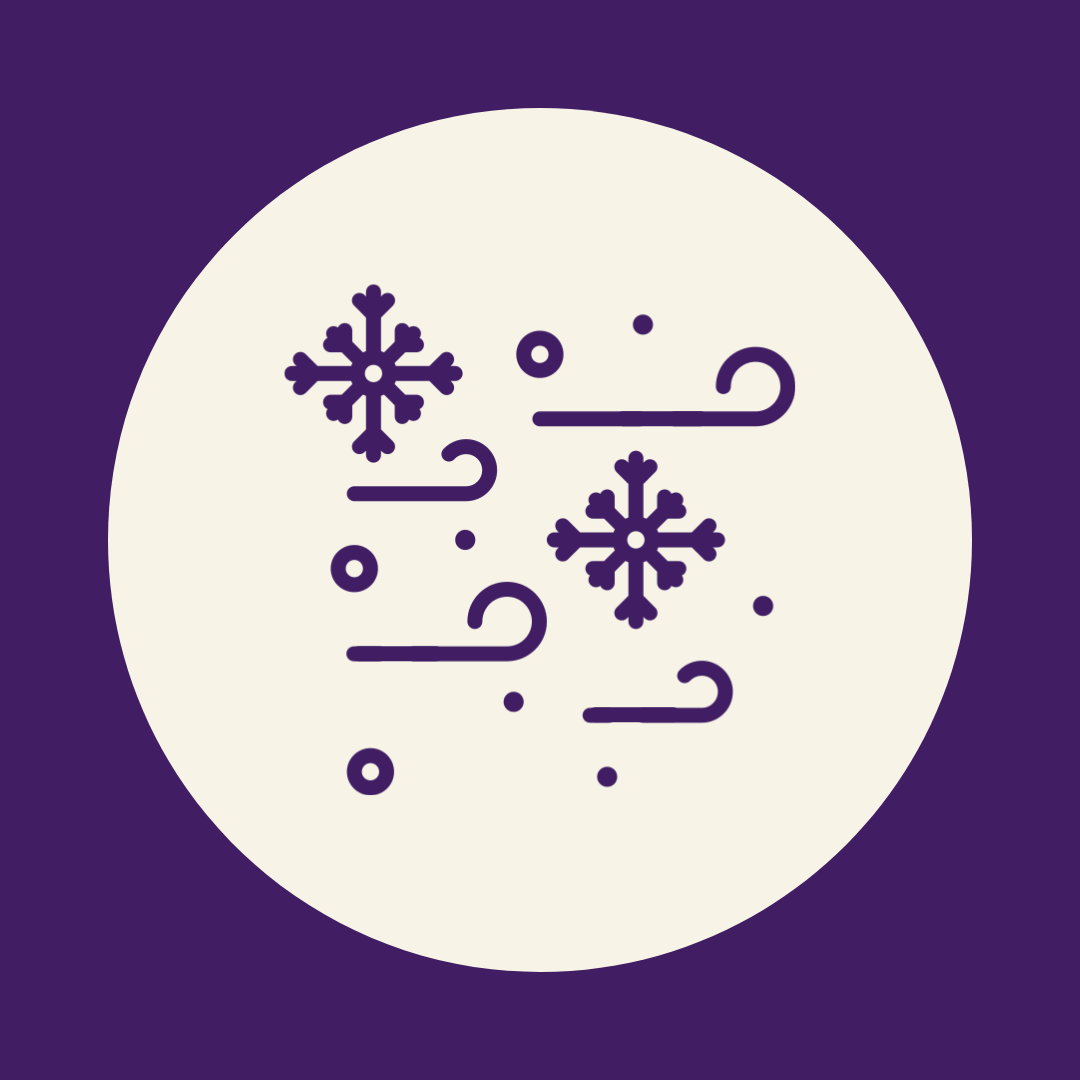Cheimónas
Apollo’s Departure to Hyperborea, and Honoring King Zeus
Cheimónas is the celebration of the Winter Solstice in our Temple's tradition. The name of this festival is directly derived from the Greek χειμώνας, meaning Winter or wintertime (source: Wiktionary).
Occurring annually on Poitropios 19, 20, or 21 (depending on that year's Winter Solstice), it is a festival that honors King of the Gods, Lord Zeus - and a festival in which we bid farewell to Lord Apollo as he departs for Hyperborea. This festival occurs during the day, until sunset when Heliogenna begins.
symbols & Decore
hair binding / veiling
Recommended
Jewelry / Adornments
Recommended
foods of significance
Apples and Oranges
Bakes Goods Containing Cinnamon
Pork (If It Aligns With Your Practice)
colors of significance
Gold
Yellow
Pale Blue
symbols of significance
Trees - Specifically Oak & Olive
Lighting Bolts and Similar Storm Imagery
Symbols of the Sun
history vs modern day
While Cheimónas is a festival invented in the modern age to reflect our Temple's traditions, including our adherance to The Truth of Devotion, the festival also takes inspiration and influence from the Wiccan Sabbat of Yule.
From Wicca Living, regarding Yule:
"Yule, a fire festival, is a time of celebrating the return of the light. From this point forward, the days will gradually grow longer again, until we reach the height of the Sun’s power at the Summer Solstice. Although we will still see comparatively little of the the Sun’s light for several more weeks, this Sabbat reminds us to have patience—the waning half of the year is over, and warmth, growth, and light will reign again!"
Temple Hyacinthus observes Cheimónas as a celebration of the Winter Solstice. Additionally, the festival occurs during the month of Poitropios - during which we honor King Zeus, God of The Sky, Weather, Law and Order, Destiny and Fate, and Kingship. In this, King Zeus is invoked and incorporated into the festivities - alongside his son, Lord Apollo.
It is the Temple's teachings and tradition that Lord Apollo departs from the human realm on the evening of the Winter Solstice, to Hyperborea, where he remains until Theophania. Thus, from sunrise to sunset on Cheimónas we celebrate him alongside his father - bidding our Patron farewell until the Spring.
Cheimónas as a whole is celebrated from sunrise until the start of sunset, when Heliogenna begins.
